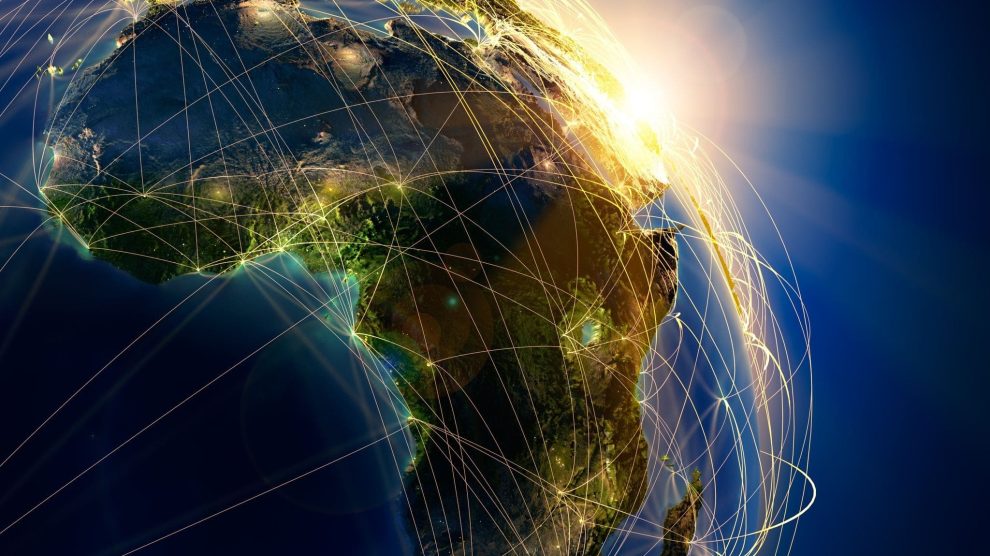A vision for Africa. Italy is intensifying its presence in Africa through the Mattei Plan, a strategy designed to build sustainable partnerships and promote long-term stability in a continent crucial for global growth.
- On Monday, during an event organised by Forza Italia—a key party in Italy’s governing coalition founded by the late Prime Minister Silvio Berlusconi—Deputy Prime Minister and Foreign Minister Antonio Tajani emphasised Africa’s significance, pointing to its rapidly growing population, projected to reach 2.5 billion by 2050, and its vast resource potential.
- He highlighted Italy’s “non-colonial” approach, leveraging historical ties that have facilitated integration and cooperation between Italians and African societies.
Diplomatic push. Tajani will visit Egypt on February 17, marking a crucial step in Italy’s broader diplomatic efforts to reinforce political, economic, and security ties across Africa.
- This visit is part of a larger strategy positioning Italy as a strategic partner for African nations, distinct from global powers like China, Russia, and Iran, which are also vying for influence on the continent.
- In January, Prime Minister Giorgia Meloni announced that the Italian government had identified five additional countries to be included in the Mattei Plan: Angola, Ghana, Mauritania, Tanzania, and Senegal.
African engagement. Deborah Bergamini, Vice President of the Italian delegation to the Council of Europe and a leader within Forza Italia, underscored Africa’s long-standing importance for her party.
- “As early as 2001, President Berlusconi dedicated a G7 session to the continent, recognising its strategic importance and the need to accelerate its development,” she said.
- She added that the current Italian government seeks to lead efforts to strengthen cooperation between African nations and the EU.
Key perspectives. “We must look at Africa as the cradle of resources and of the world. Italians know how to integrate and dialogue with African peoples, which allows us to be a bridge—with our Italian identity—to Europe,” Tajani said.
- Mario Giro, Head of International Relations for the Sant’Egidio Community and former Deputy Minister of Foreign Affairs: “The plan must defend the stability of states. To manage migration jointly, you have to give something in return. The European and Italian mistake has often been to offer nothing but money. That’s not what they are looking for. Then comes Africa’s industrialisation—processing raw materials locally. We need to create medium-level infrastructure beyond just major corridors.”
- Emanuela Del Re, former Deputy Minister of Foreign Affairs and EU’s Sahel Special Representative: “It’s a positive signal that an EU member state is leading a project like the Mattei Plan. At a time when we need courage and leadership, Italy is taking a fitting approach. The EU must balance values with strategic interests, and Italy is showing how to achieve that balance.”
- Raffaella Bonsangue, Legal Advisor at the Ministry of Foreign Affairs: “The Mediterranean has become central to economic, energy, and political scenarios. This is where challenges such as migration and security will be tackled.”
- Giorgio Silli, Undersecretary of State for Foreign Affairs: “The Mattei Plan reflects Italy’s vision of fostering development and stability in Africa, aligning with both strategic and humanitarian goals.”





